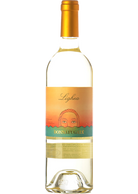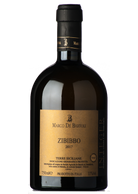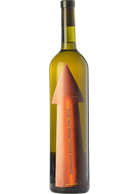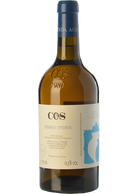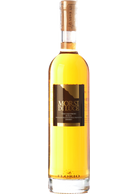Zibibbo
Among all muscats, that of Alexandria, better known locally as zibibbo, is one of the least aromatic. This makes it extremely elegant and subtle as it can express the climate and the terroir with fewer filters, generally Mediterranean and volcanic, and is perfect for concentrating, through withering, further aromas. Zibibbo, according to the most accredited hypotheses, was brought to Sicily by the Arabs around the 8th century. The word "zibibbo" comes from the Arab word zabīb (زبيب) which means "raisins" or "withered grapes". Indeed, still today, the product that characterises this vine is the Passito di Pantelleria DOC, whose sapling vines protected by the natural volcanic basins of the island in the centre of the Mediterranean have been a UNESCO World Heritage Site for some years. Vinified dry, zibibbo gives a white wine with an intense aroma, with a bouquet that is floral but also strongly mineral, which is confirmed in the sapid, sometimes salty flavour, especially since the grapes can also be used for maceration. In the more immediate versions, it is instead an elegantly scented mineral white. As a passito - a common practice in Pantelleria but also in Sicily - zibibbo gives the well-known amber nectar with notes of dried apricot, candied orange peel, sweet spices, mineral hints. The palate, which is the stuff of legends, is enveloping and disruptive, of excellent structure and, in the best versions, pungent sapidity and persistent freshness.

Donnafugata Passito di Pantelleria Ben Ryé 2022 (0.37 L)
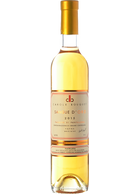
Carole Bouquet Passito di Pantelleria Sangue d'Oro 2021 (0.5 L)

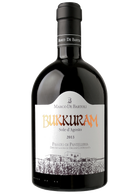
De Bartoli Passito di Pantelleria Bukkuram Sole d'Agosto 2022
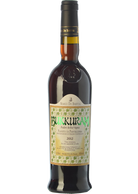
De Bartoli Passito di Pantelleria Bukkuram Padre della Vigna 2019 (0.5 L)

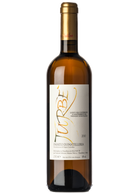
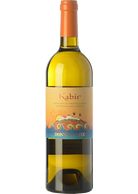
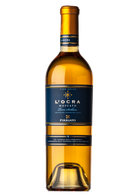
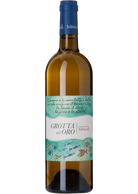
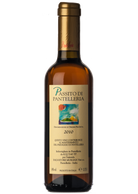
Murana Passito di Pantelleria 2010 (0.5 L)
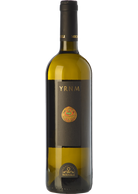
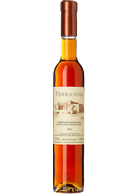
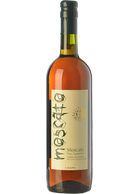
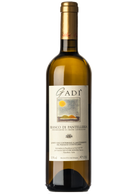
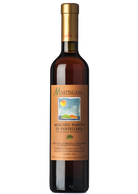
Murana Passito di Pantelleria Martingana 2010 (0.5 L)
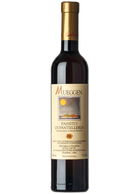
Murana Passito di Pantelleria Mueggen 2015 (0.5 L)
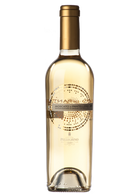
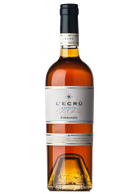
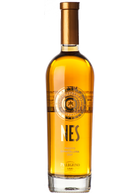
Pellegrino Passito di Pantelleria Nes 2020 (0.5 L)
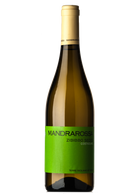
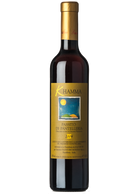
Murana Passito di Pantelleria Kamma 2009 (0.5 L)
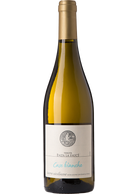
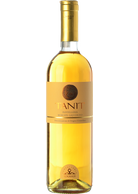
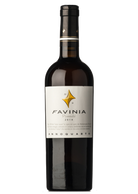
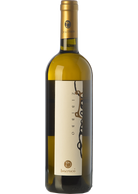
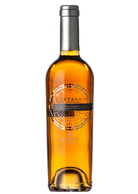

Zibibbo
Among all muscats, that of Alexandria, better known locally as zibibbo, is one of the least aromatic. This makes it extremely elegant and subtle as it can express the climate and the terroir with fewer filters, generally Mediterranean and volcanic, and is perfect for concentrating, through withering, further aromas. Zibibbo, according to the most accredited hypotheses, was brought to Sicily by the Arabs around the 8th century. The word "zibibbo" comes from the Arab word zabīb (زبيب) which means "raisins" or "withered grapes". Indeed, still today, the product that characterises this vine is the Passito di Pantelleria DOC, whose sapling vines protected by the natural volcanic basins of the island in the centre of the Mediterranean have been a UNESCO World Heritage Site for some years. Vinified dry, zibibbo gives a white wine with an intense aroma, with a bouquet that is floral but also strongly mineral, which is confirmed in the sapid, sometimes salty flavour, especially since the grapes can also be used for maceration. In the more immediate versions, it is instead an elegantly scented mineral white. As a passito - a common practice in Pantelleria but also in Sicily - zibibbo gives the well-known amber nectar with notes of dried apricot, candied orange peel, sweet spices, mineral hints. The palate, which is the stuff of legends, is enveloping and disruptive, of excellent structure and, in the best versions, pungent sapidity and persistent freshness.
